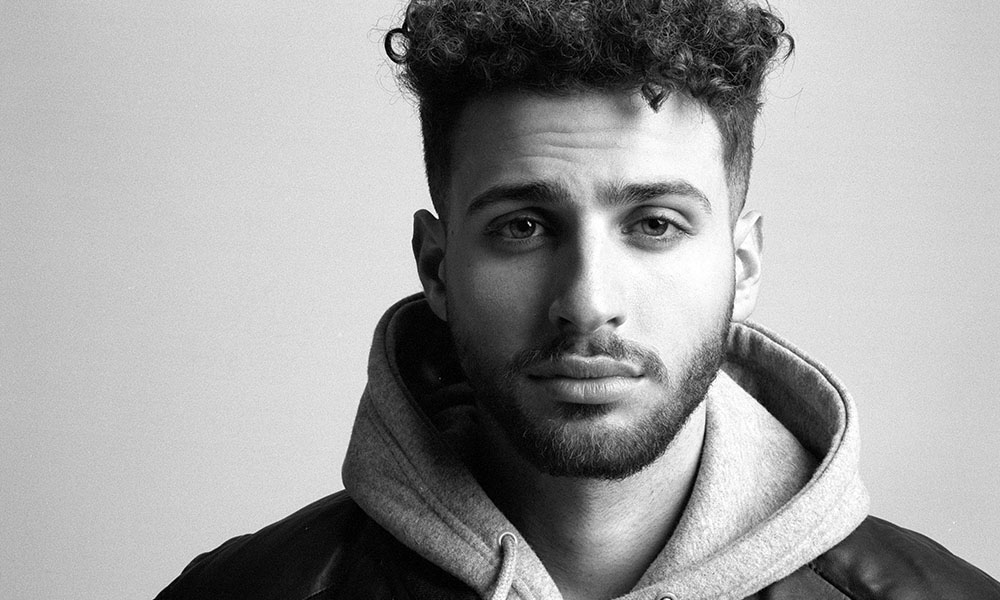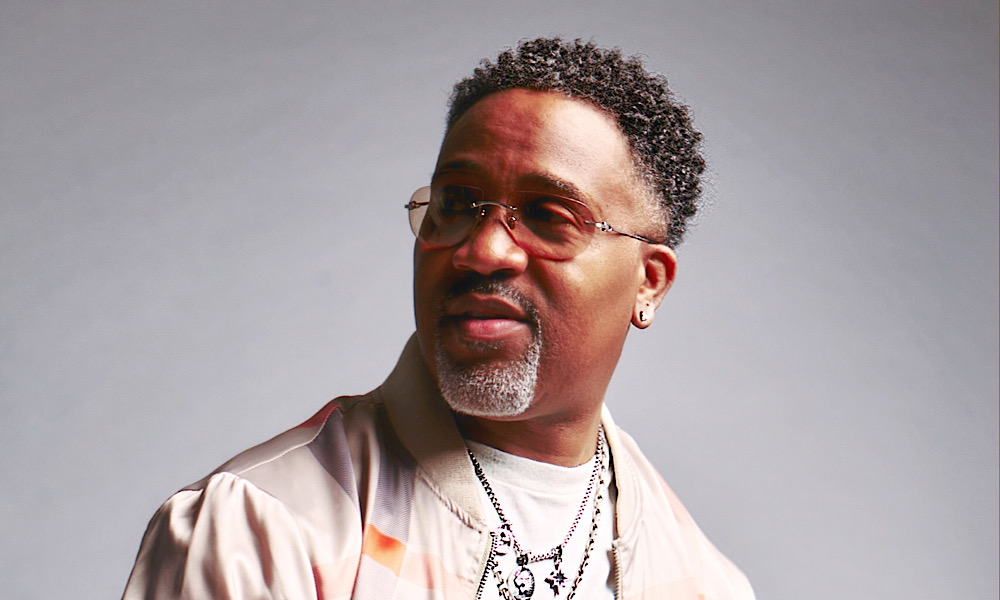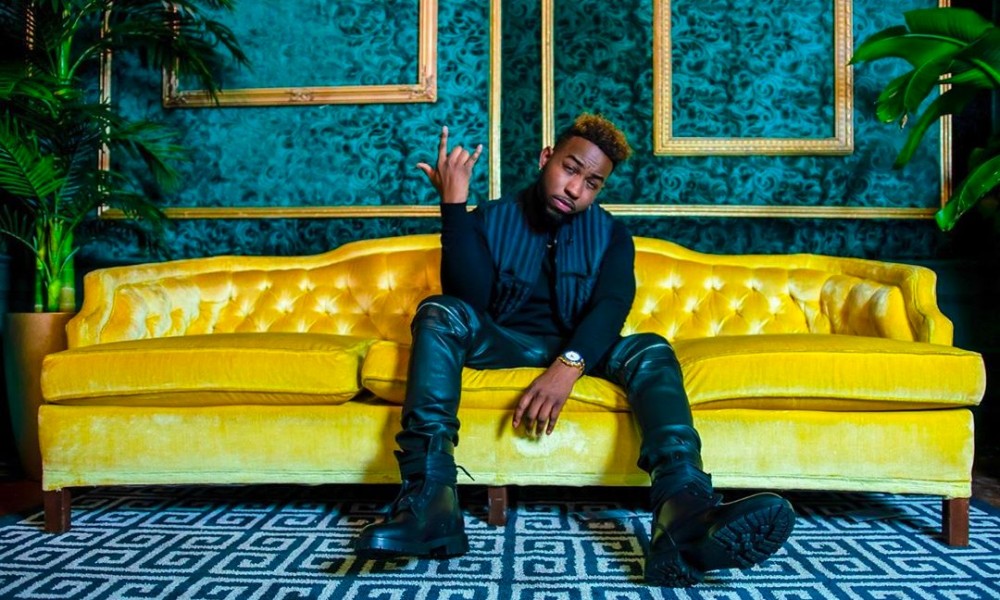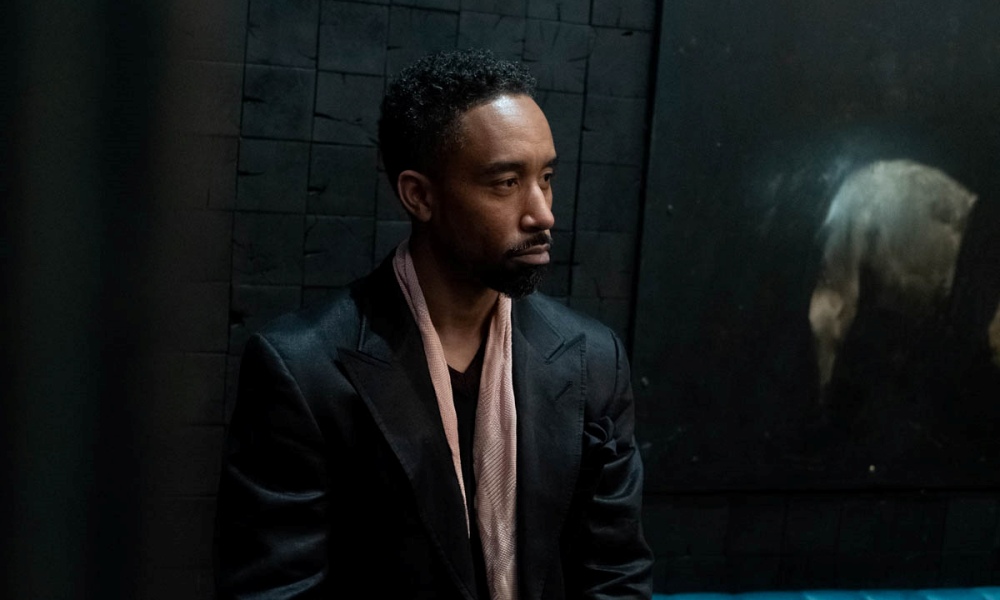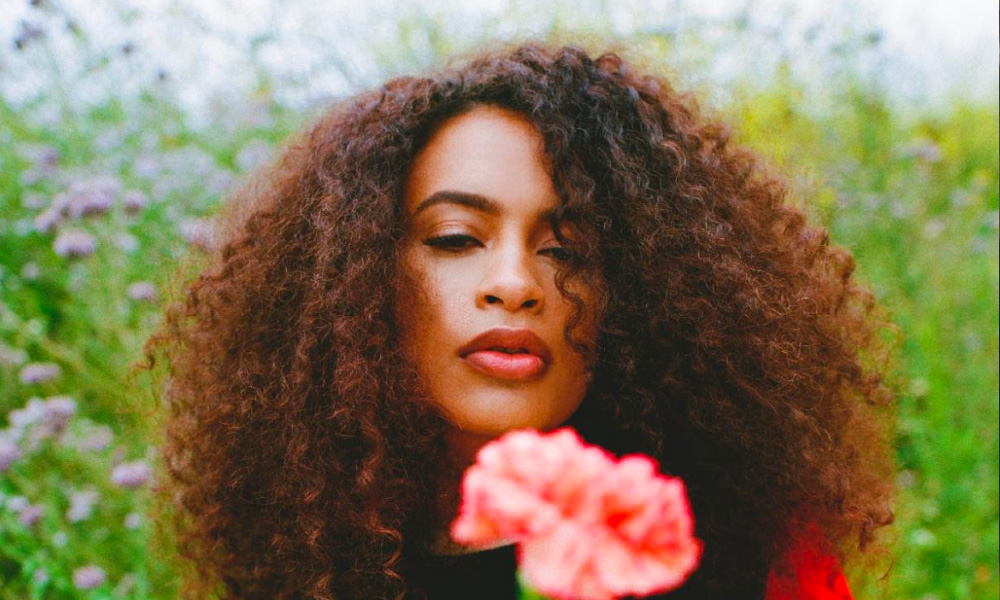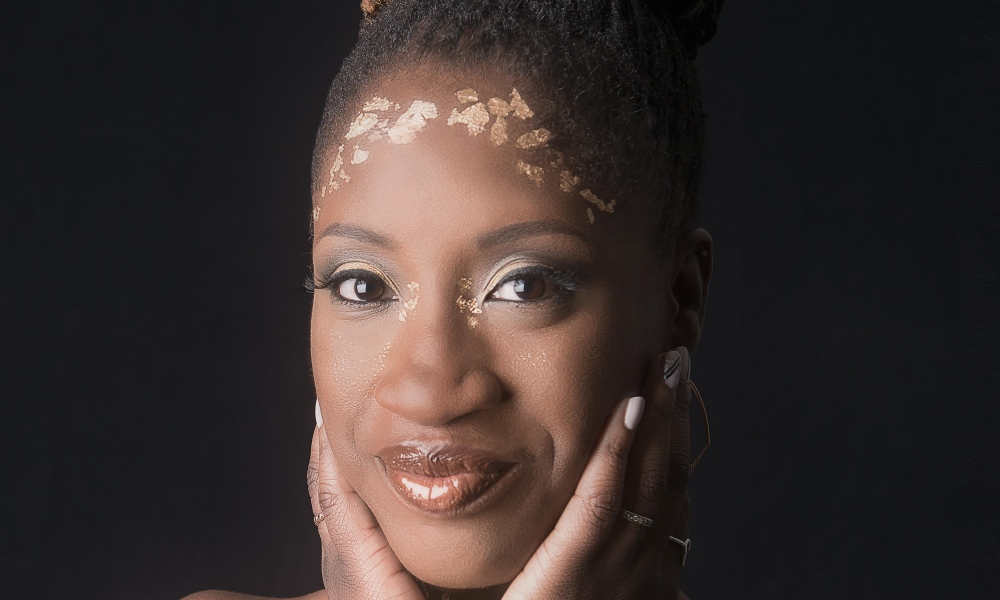Hey U.S.A, get to know Lira!
The singer-model-actress is affectionately known as the “Beyonce of South Africa,” and during the past 13 years, she has sold millions in South Africa and much of Europe with her irresistible blend of R&B, Jazz, and African styles; it’s just that we're just now catching up over here in the states!
Born in Ekurhuleni, East of Johannesburg, South Africa, Lira grew up listening to Stevie Wonder, Miriam Makeba, Aretha Franklin and Nina Simone; she began writing songs and performing at age 16. In 2000, she was discovered by the musician producer Arthur Mafokate, who signed her to his label, releasing her debut album, All My Love, in 2003. The title track surpassed Beyonce's "Dangerously In Love" on a chart-topping run. She was then signed to Sony Music in South Africa and saw her debut Sony album win awards at the South African Music Awards (SAMA), the South African equivalent of the Grammy awards. Lira has appeared on the cover of more than twenty magazines around the world and has the largest Facebook following of any South African musician with over 400,000 fans. She also received a BET Awards nomination as "Best International Artist" in 2012.
And so the campaign has begun to introduce her sound to the U.S. market. Just a few months ago, Lira dropped the positive, jazzy single, “Feel Good,” from her debut U.S. album, Rise Again, a compilation of songs which span her career as an introduction to American audiences of her artistry. Her jazzy tunes, love songs, and penchant for positive lyrics have enticed fans worldwide as well as comparisons to sultry singer-songwriter Sade. On Rise Again, Lira gives new American listeners many shades of her artistry: songs such as “With My Eyes” and “Typical” highlight her sultry vocal tone on records that deal with the subtleties of romantic relationships. “Rise Again,” “Feel Good” and “Believer” are all upbeat, inspirational, feel good anthems, and she incorporates reggae into “Valley Of Darkness” and “Call Me,” a natural move since reggae continues to be a vibrant presence on the contemporary African music scene.
It was a pleasure chatting with Lira as she sets out to embark on new continental territory. She talked about everything from her upbringing as a child of apartheid, how music became her career choice, even cultural differences, like South African vs. U.S. foods and the differences between the American music market compared to South Africa’s.
Purchase Rise Again above and check out Lira's introduction in her words below:
When did you know you wanted to be a singer/songwriter? Experiencing the apartheid era, did that shape how you viewed music and the power of music?
Absolutely. You can imagine people who were oppressed, just the amount of strife that was going around and just heaviness, if you will. And I found that music would instantly uplift people. I just found that to be quite magical and I wanted to be able to write that kind of music so I could life people’s moods and inspire them. And it also seemed to me that music expressed what people were feeling, but couldn’t articulate themselves, and I found that to be really special, so that’s what I wanted to be able to do.
Were you writing music and poetry at a young age?
I started music when I was 16, so I was pretty late at it because I didn’t know how to go about it, but I was just like, well, there’s nothing to it but to do it. I stared writing; wrote my first 3 songs and then there was an opportunity to enter a talent show, so I teamed up with my best friend Lebo and we ended up winning best vocalist, best composition, and best live performance. And that blew my mind cause I never actually performed really until that competition so It made me feel like I had something special to offer. And in winning that competition, we were given opportunities to perform in all kinds of environments for all kinds of people and considering that was still apartheid South Africa, performing for white people, Indian people, young and old, it was amazing how music seemed to transcend all those differences, and I just thought that was really magical. That’s when I really fell in love with it and considered it as a career even though at that time I wasn’t encouraged to consider it as a career. I was actually never encouraged to pursue music, I was told, “who sings for a living? You don’t wanna do that.” So I started work in finance and worked in a corporate environment for two years before I decided this was not for me, music was what I wanted to do, and I made that decision about 13 years ago.
People often compare you to Sade. How do you feel about that comparison?
I love Sade. I actually do a cover of her songs in my show simply because for me she represents respectable, beautiful, sensual femininity and timelessness, and I really appreciate that, there’s nothing like Sade out there. I belief she’s been able to carve out a very special niche for herself and of course she’s timeless, so I consider it as a compliment.
Your new label home is with U.S.-based Shanachie. How does the music industry in South Africa compare to the industry in the U.S.?
There’s a big difference (laughs) There’s a huuuge difference! Firstly, the States, it’s a big place. Sometimes it feels like one of your states is the size of all of South Africa, it kinda feels that way, when you have so much available within one state, whereas here, you have multiple states which for me sometimes feels like different countries (laughs). And of course the market is saturated. The more I have toured around here, the more I see how many artists are struggling and just trying to get a space to be heard and get that breakthrough. I can see how difficult that is, whereas is South Africa, the market is really really small, if you pop, you’re big in an instant, whereas here, it’s certainly a lot tougher. And it’s even tougher for an artist like me, who doesn’t want to conform to what’s happening in the States, I want to do what I do. What I do is inspirational, it’s positive and I don’t wanna compromise that; I want to connect with people who resonate with those kinds of messages. And so far so good; if it means I carve out a small niche for myself in that sense, I’m happy with that. I’m not looking for a Hollywood type of thing, although that would be wonderful of course, provided it allows me to do what I do.
How would you compare audience interactions at your shows from each continent?
I would say I’m well known in Europe and South Africa, whereas here I’m still introducing my music. So I feel like it’s 11 years ago and I’m hustling, trying to get my sound out there, it’s different in that sense. However, because of experience, I’m able to take my audiences on a journey, take them where I want them to go. So I find that people listen and they absorb the music and when its time to get up on their feet and enjoy the performance, so my perspective is that I’m really introducing myself to this market so I don’t have expectations other than just wanting them to show up to the shows so that I can do my thing.
Tell us about your latest American debut album, Rise Again.
Rise Again is a combination of songs from four albums that I released in South Africa and Europe. I had a lot of American fans who were connecting with me via Facebook and Twitter asking me to come out here and release my music in the States, so it became a space worth checking out. And I thought, maybe before releasing new material, let me have the music people love and release that music first before I move on to the next album. That’s really what it’s about; it’s an introduction, but also making the music available to the fans that I’ve already garnered over the years. And it seems to be going well, people are loving the body of work; music from different eras in my life. It’s a great way to get the audience to catch up to who I am now, and also to introduce myself, my flavor, and my values contained within my music.
How important is it for you to channel positivity in your music?
We just came out of apartheid in South Africa about 20 years ago, and also, given the career that I chose in the environment that South Africa was at that time, there were just so many things working against me, that positivity, in my opinion, made all the difference. Ultimately, I’m just a young person trying to do what feels natural to me. I’m feeling like I’m pursing my dream, and I’m actually able to live it: that, on its own, is a great feat. And I’m aware I was able to do this by being positive, and so that’s all I really know, just being mindful of how my mindset is and the kind of energy I’m putting out, and I feel that life just responds. I’ve had incredible experiences, and for me, it isn’t so much about being a superstar, it’s about sharing that music and energy because when I travel, the fact that I am South African and grew up during apartheid, is just a deck of card I was dealt, but ultimately, we’re all trying to find the same thing: our place and space within this world, fulfill our dreams, be ourselves, and trying to do the best we can with what we have. So the music gives a great soundtrack to those whose minds are that way, for people who really want to grab the best out of life, so it’s deliberate in that sense. That’s become my theme, my message, and just how I live, it’s literally my truth.
How has the experience been on your U.S. tour?
It’s been phenomenal. One adjustment I’ve had to be mindful of (but I’ve prepared myself mentally for this a long time ago), is that this is a market where I’m unknown and building from scratch, whereas, when I leave these shores I’m like a big superstar. So it’s sort of an adjustment in that sense, but it’s exiting at the same time, and I’m loving the fact that I’ve got people so open to hearing what I have to say, open to my music, they’re curious about the African songs I sing. It’s lovely to have a new audience who’s just interested in what you do. So I’m really enjoying it, I’m loving it.
[Watch the music video for Lira's "Feel Good"]
How do you like the food here?
I don’t really like the foods here (laughs). I find some of the foods are too fattening or deep fried or too sweet. I struggle with some of it, but they were telling me about Chick-Fil-A for example, and I really wanna try a taco, even though it’s not necessarily American food (laughs). But I’ve heard it being spoken about, but I haven’t tasted it. But I’ve found some incredible places with amazing food and strangely, I actually like your supermarkets because they have really, really fresh food.
What are some of your hobbies?
I’m happy to be at home. When I’m in South Africa, I can’t really do half the things I’m able to do here. I walked through the streets of New York, for example, and I can’t do that back home. So some of those things are so, so appealing to me. I like to drive out in the country, I like to cook, and actually, I like to eat.
You have your American tour and debut release Rise Again. What’s next for Lira?
I’m afraid I have another tour in South Africa (laughs). I haven’t really performed that much in the country cause I was touring the rest of the world the first half of the year, so my fans are like now we miss you, so I have another tour in South Africa, and I can’t wait. I’m gonna tour from October to February, gonna be quite intense. And in between all that I’ll be doing Sub-Saharan Africa, places like Zambia and Mozambique.


